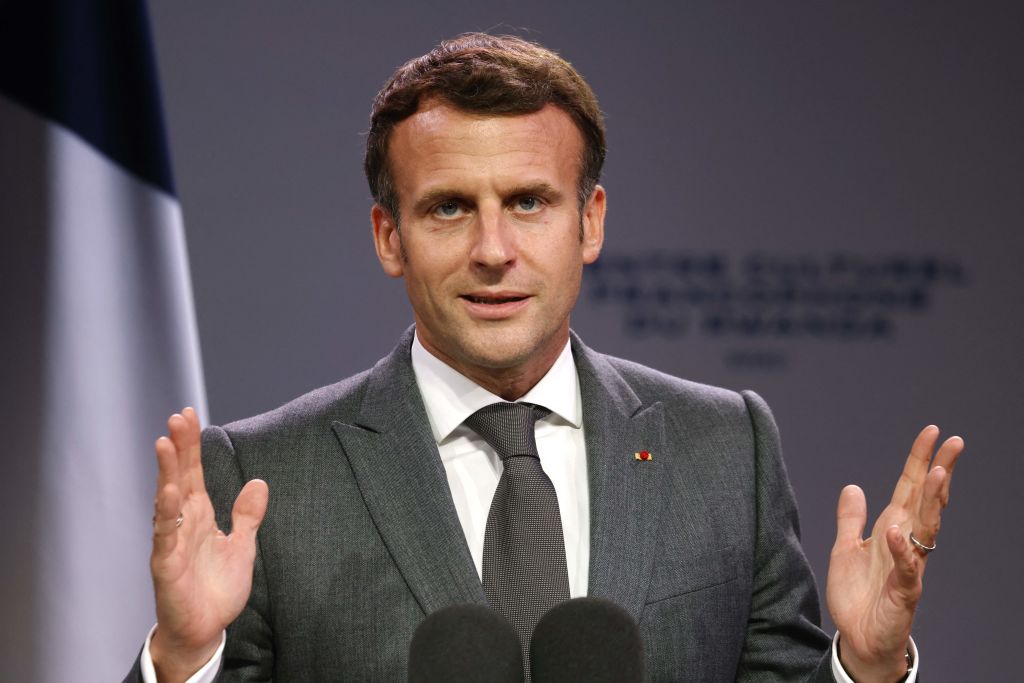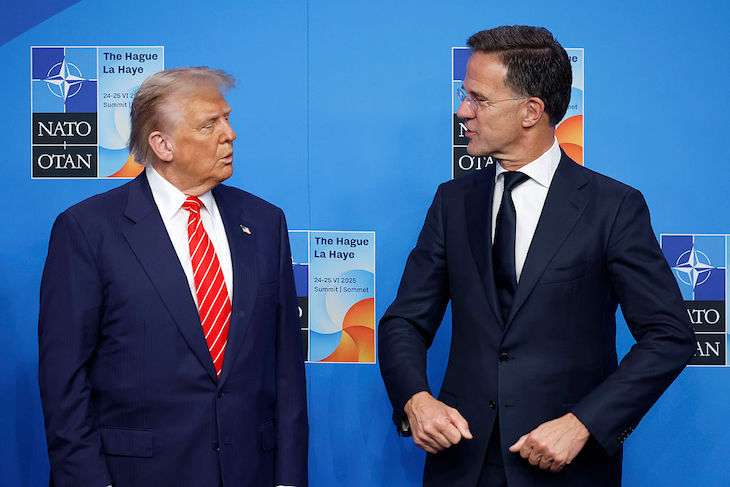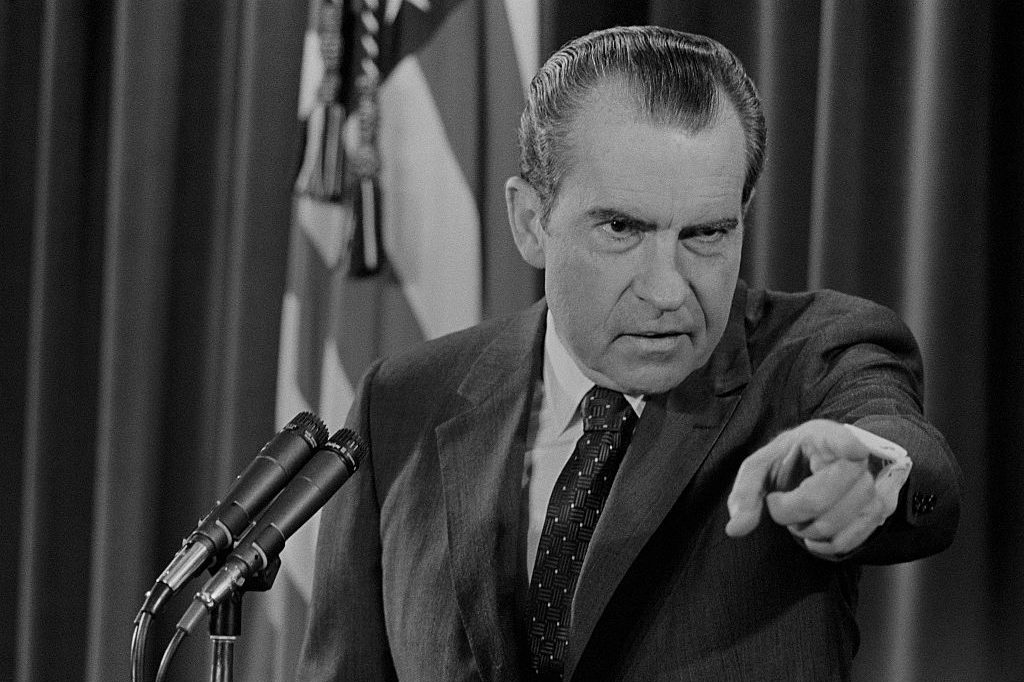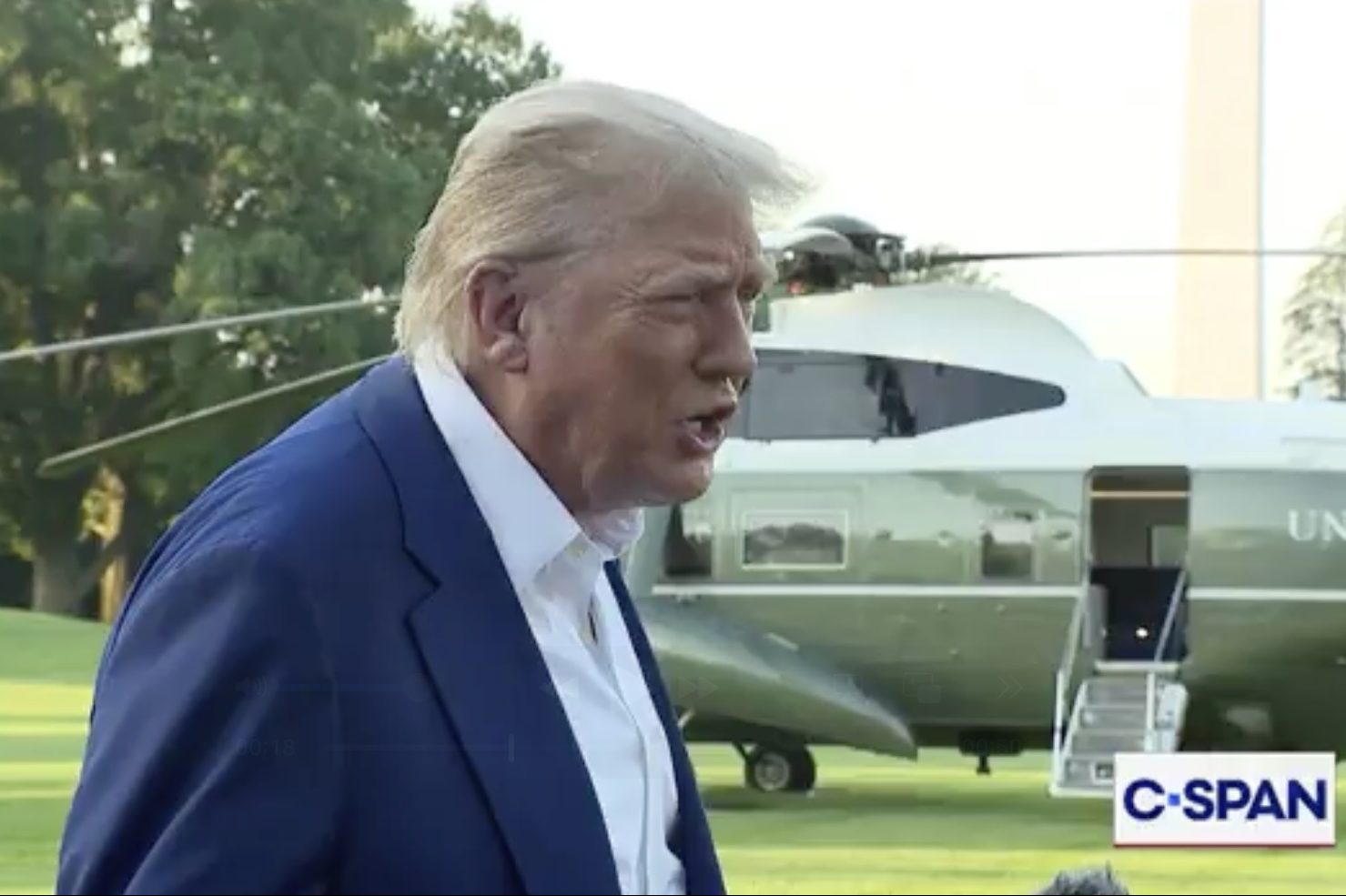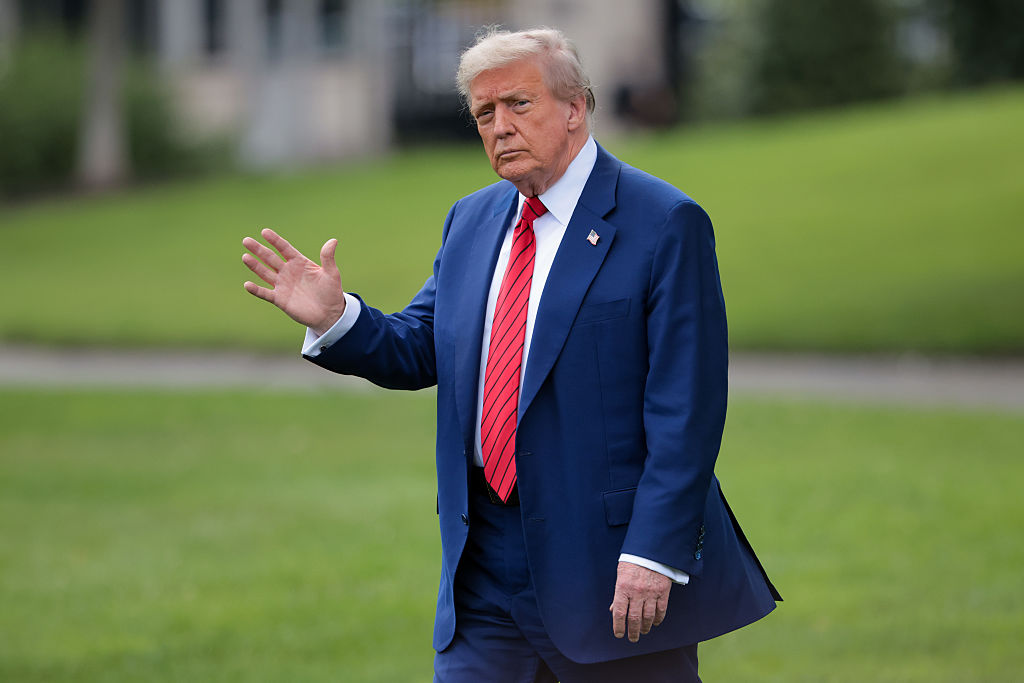Joe Biden wants to use his visit to Europe for the G7 summit and the Nato meeting to rally democracies to take on the autocratic threat posed by Russia and China. But in a sign of how difficult that will be, Emmanuel Macron made clear last night that ‘the line I’m advocating for France, and I hope for Europe, is not to be made a vassal by China nor be aligned with the United States on this subject’. He has also said that China should not be a Nato priority.
This is a mistake. If Nato is to stay relevant, it will have to become more involved in the effort to contain China, as I say in the magazine this week.
Biden wants Monday’s Nato summit to send out a clear message ahead of his meeting with Vladimir Putin in Geneva on Wednesday. But Russia is, ultimately, a declining power. The next US president, who unlike Biden won’t have begun their political career during the Cold War, will almost certainly be far more interested in China than Russia. So as America’s focus shifts to the Pacific, Nato will need to become more relevant to the struggle to contain China if it is to remain the preeminent strategic forum for the West.
This will have to involve Nato partnering with groups such as the Quad — the emerging alliance of the US, Japan, India and Australia – which is working to counter China in the South China Sea. The UK, with its connections to India and Australia and its role as the biggest European contributor to Nato, is well-placed to argue for this shift.
It will not be easy to move the alliance in this direction given Macron’s view and Germany’s desire not to divide the world into opposing blocs. But one reason to think that this might happen is that attitudes to Beijing are changing fast. The EU signed an investment treaty with China at the end of last year — yet just three months later it joined a coordinated western effort to impose sanctions on Chinese officials over abuses in Xinjiang.
This article was originally published on The Spectator’s UK website.



